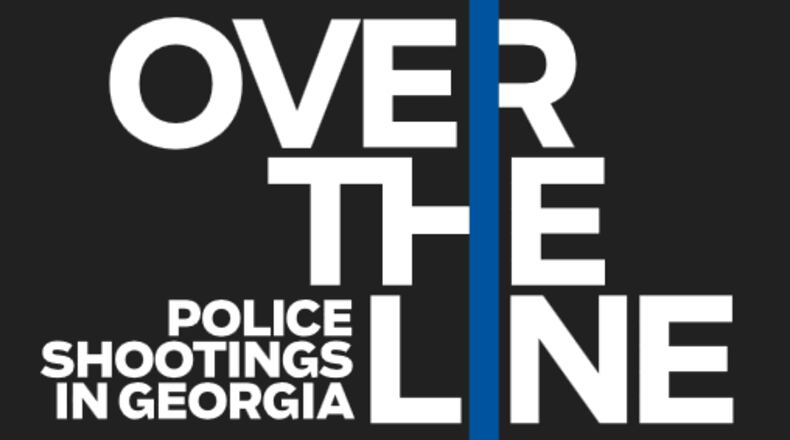The new police grand jury law that takes effect July 1 is flawed and allows officers to avoid answering questions on cross-examination in police shootings and other cases where they face potential charges, the outgoing Atlanta Bar Association president says.
The problem stems from language in the new law signed last month by Gov. Nathan Deal that attorney Harold E. Franklin, Jr. says could undermine the stated intent of the change.
Existing law allows officers to make a statement to grand jurors in cases where they face possible charges and they can't be challenged or questioned. No other state has such a law and critics say it gives officers an unfair advantage that doesn't apply to regular citizens.
The law change is supposed to subject officers to cross-examination if they give a statement, but Franklin says the way it is written "can be used as a shield against answering questions," according to his open letter to lawmakers published this week in the Fulton County Daily Report.
"We are aware of growing concern among the legal community as well as the community at large due to the inconsistency of this language with the widely publicly stated intent and purpose of the recent change in Georgia law," said Franklin, whose term as bar president expired this week.
"As such, the intent and purpose of the legislation could be undermined," he said.
The issue came up during legislative discussion about the bill and prosecutors said that if officers refuse to answer questions grand jurors would weigh that decision and it would color their views of the officer's statement.
The law change follows an AJC series that examined police shootings in Georgia and exposed flaws in the grand jury process related. The investigation found that from 2010 to 2015 no officer faced criminal trial in 184 fatal shootings by police during that period.
Other changes to the law include creation of a transcript of the grand jury hearing in police shooting cases. Also, officer will no longer be allowed in the grand jury room the entire hearing and hear all the evidence against them. They can only be in the room to when they give their statement.
About the Author
Keep Reading
The Latest
Featured




